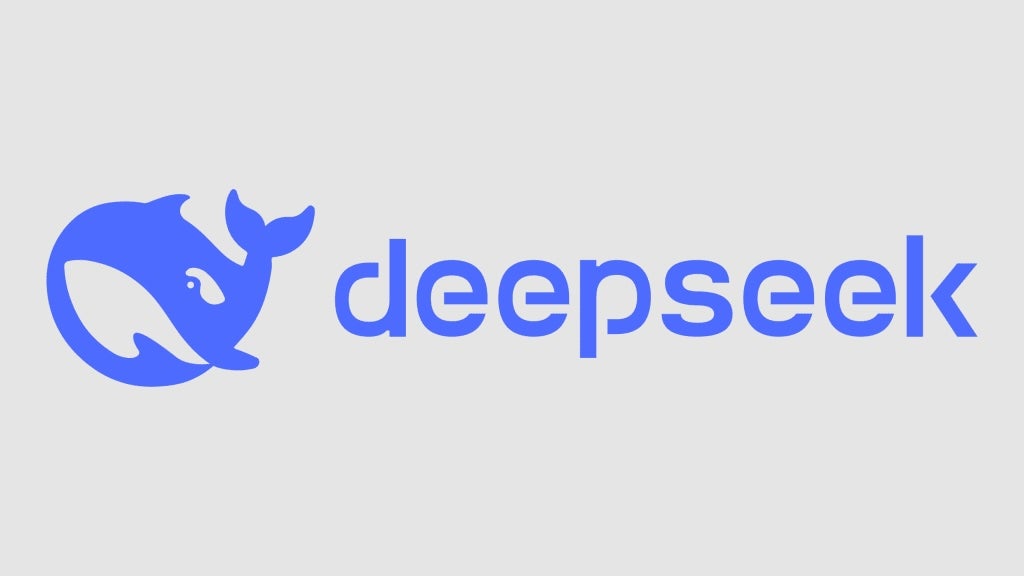Australian authorities disagree over the response the country should take to the runaway success of the Chinese AI app DeepSeek. While some industry groups call for rapid action to support national AI innovation, the science minister urges caution.
The Tech Council of Australia, an industry body that includes Microsoft, Atlassian, Google, and IBM among its members, warned the government should “act now or risk Australia falling behind in AI development and adoption.” In a statement about the Australian government’s national AI capability plan, the TCA said, “DeepSeek’s reported breakthrough shows that the AI landscape is highly competitive and rapidly evolving.”
DeepSeek recently launched an AI chat app featuring a “reasoning” model comparable to OpenAI’s o1. The DeepSeek app quickly surged to the top of Apple’s App Store, causing a stir among American AI companies. Its debut rattled financial markets — NVIDIA and Microsoft stocks took a hit, as investor confidence in the U.S. AI makers dipped.
The Council emphasised its support for the national AI plan announced by the government in December but argued the country “cannot wait” until 2025 for it to be finalised. It recommended key priorities such as AI education, infrastructure investment, pro-innovation regulations, international collaboration, and research support.
In November, research from the industry group found that increasing total tech investment from 3.7% to 4.6% of the country’s GDP could contribute AUD $39 billion in productivity gains by 2035. “Realising these benefits will require the right policy settings and coordination with industry to ensure Australia is a competitive place to make and deliver technology products,” the council stated.
SEE: Australia Could Have 200,000 AI Tech Workers by 2030
The Australian Strategic Policy Institute, a prominent think tank, echoed the Council’s sentiment. It said that Australia “cannot continue the current approach of responding to each new tech development” and should instead focus on building its own sovereign AI capabilities. Like the Tech Council, the institute emphasised the need for a national strategy to secure AI’s role in defence, national security, and economic stability.
Security concerns surrounding DeepSeek have also emerged. Researchers have found the app is vulnerable to attacks and can be jailbroken, allowing it to bypass its built-in safeguards. CyberCX, a leading Australian cybersecurity firm, has called for a ban on DeepSeek in Australia, citing risks to data privacy and national security.
“We assess it is almost certain that DeepSeek, the models and apps it creates, and the user data it collects, is subject to direction and control by the Chinese government,” CyberCX said in a statement.
Federal Industry and Science Minister Ed Husic has also taken a cautious stance since DeepSeek’s debut. Instead of pushing for rapid innovation to compete with China, he raised concerns that the app’s remarkable capabilities may have come at the cost of proper “data and privacy management.”
“The Chinese are very good at developing products that work very well. That market is accustomed to their approaches on data and privacy,” Husic told ABC via AFP. “The minute you export it to markets where consumers have different expectations around privacy and data management, the question is whether those products will be embraced in the same way.”
Newly-appointed Chief Scientist Tony Haymet, however, expressed a more optimistic outlook. Speaking at a press conference, Haymet described DeepSeek’s success as a demonstration of “how disruptive technology can be and how quickly things can happen.”
He said: “I view AI as a great opportunity. I think it’s a great export opportunity for Australia because AI needs electricity and most of the world is demanding that we deliver AI with renewable electricity, and Australia is perfectly set up for that. No matter which way we decide to deliver that electricity, we can do it.”
Source link
